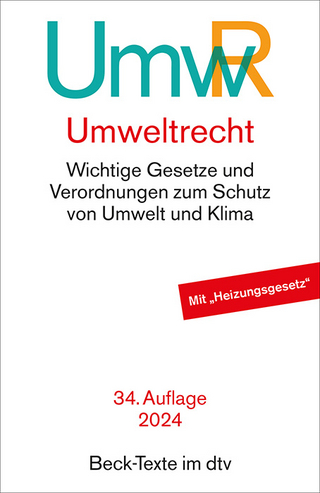
Catch documentation schemes for deep-sea fisheries in the ABNJ
their value, and options for implementation
Seiten
2019
Food & Agriculture Organization of the United Nations (FAO) (Verlag)
978-92-5-131115-8 (ISBN)
Food & Agriculture Organization of the United Nations (FAO) (Verlag)
978-92-5-131115-8 (ISBN)
Discusses the potential value of catch documentation schemes in deep-sea fisheries, and the implementation aspects that have to be taken into account to ensure the effectiveness of this trade-based tool to combat illegal, unreported and unregulated fishing.
This paper discusses the potential value of catch documentation schemes (CDS) in deep-sea fisheries, and the implementation aspects that have to be taken into account to ensure the effectiveness of this trade-based tool to combat illegal, unreported and unregulated (IUU) fishing. The paper argues that the schemes are indeed useful for addressing IUU fishing practices known to occur in deep-sea fisheries, and that their adoption would improve compliance with fisheries management requirements. Key infringements that could be directly detected and addressed include - but are not limited to - violations of closed areas harbouring protected vulnerable marine ecosystems in the deep ocean, and quota overfishing. The paper also establishes the notion that partial coverage of given species through a CDS at the level of regional fisheries management organizations is incongruous. Given that most deep-sea fisheries species have broad distributions that straddle many regional organisations, the most suitable implementation model appears to be a centrally operated electronic CDS platform - called a super-CDS - shared by a plurality of institutional and state players.
This paper discusses the potential value of catch documentation schemes (CDS) in deep-sea fisheries, and the implementation aspects that have to be taken into account to ensure the effectiveness of this trade-based tool to combat illegal, unreported and unregulated (IUU) fishing. The paper argues that the schemes are indeed useful for addressing IUU fishing practices known to occur in deep-sea fisheries, and that their adoption would improve compliance with fisheries management requirements. Key infringements that could be directly detected and addressed include - but are not limited to - violations of closed areas harbouring protected vulnerable marine ecosystems in the deep ocean, and quota overfishing. The paper also establishes the notion that partial coverage of given species through a CDS at the level of regional fisheries management organizations is incongruous. Given that most deep-sea fisheries species have broad distributions that straddle many regional organisations, the most suitable implementation model appears to be a centrally operated electronic CDS platform - called a super-CDS - shared by a plurality of institutional and state players.
Founded in 1945, the Food and Agriculture Organization (FAO) leads international efforts to defeat hunger. Serving both developed and developing countries, FAO provides a neutral forum where all nations meet as equals to negotiate agreements and debate policy. The Organization publishes authoritative publications on agriculture, fisheries, forestry and nutrition.
| Erscheinungsdatum | 02.05.2019 |
|---|---|
| Reihe/Serie | FAO fisheries and aquaculture technical paper ; 629 |
| Zusatzinfo | tables |
| Verlagsort | Rome |
| Sprache | englisch |
| Themenwelt | Recht / Steuern ► EU / Internationales Recht |
| Recht / Steuern ► Öffentliches Recht ► Umweltrecht | |
| Weitere Fachgebiete ► Land- / Forstwirtschaft / Fischerei | |
| ISBN-10 | 92-5-131115-3 / 9251311153 |
| ISBN-13 | 978-92-5-131115-8 / 9789251311158 |
| Zustand | Neuware |
| Haben Sie eine Frage zum Produkt? |
Mehr entdecken
aus dem Bereich
aus dem Bereich
wichtige Gesetze und Verordnungen zum Schutz von Umwelt und Klima
Buch | Softcover (2024)
dtv Verlagsgesellschaft
21,90 €
mit Verordnungen, Verpackungsgesetz, Elektro- und …
Buch | Softcover (2024)
dtv Verlagsgesellschaft
19,90 €


